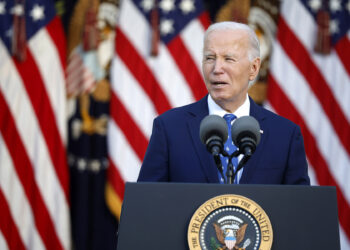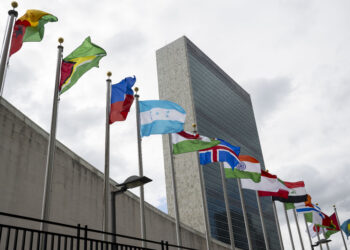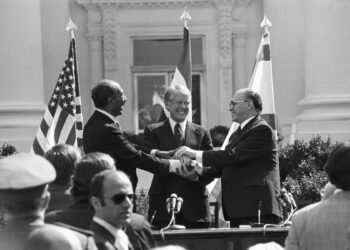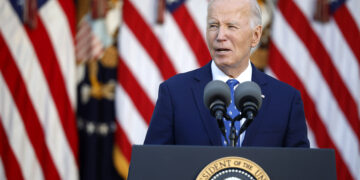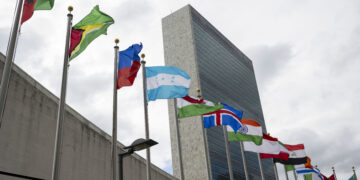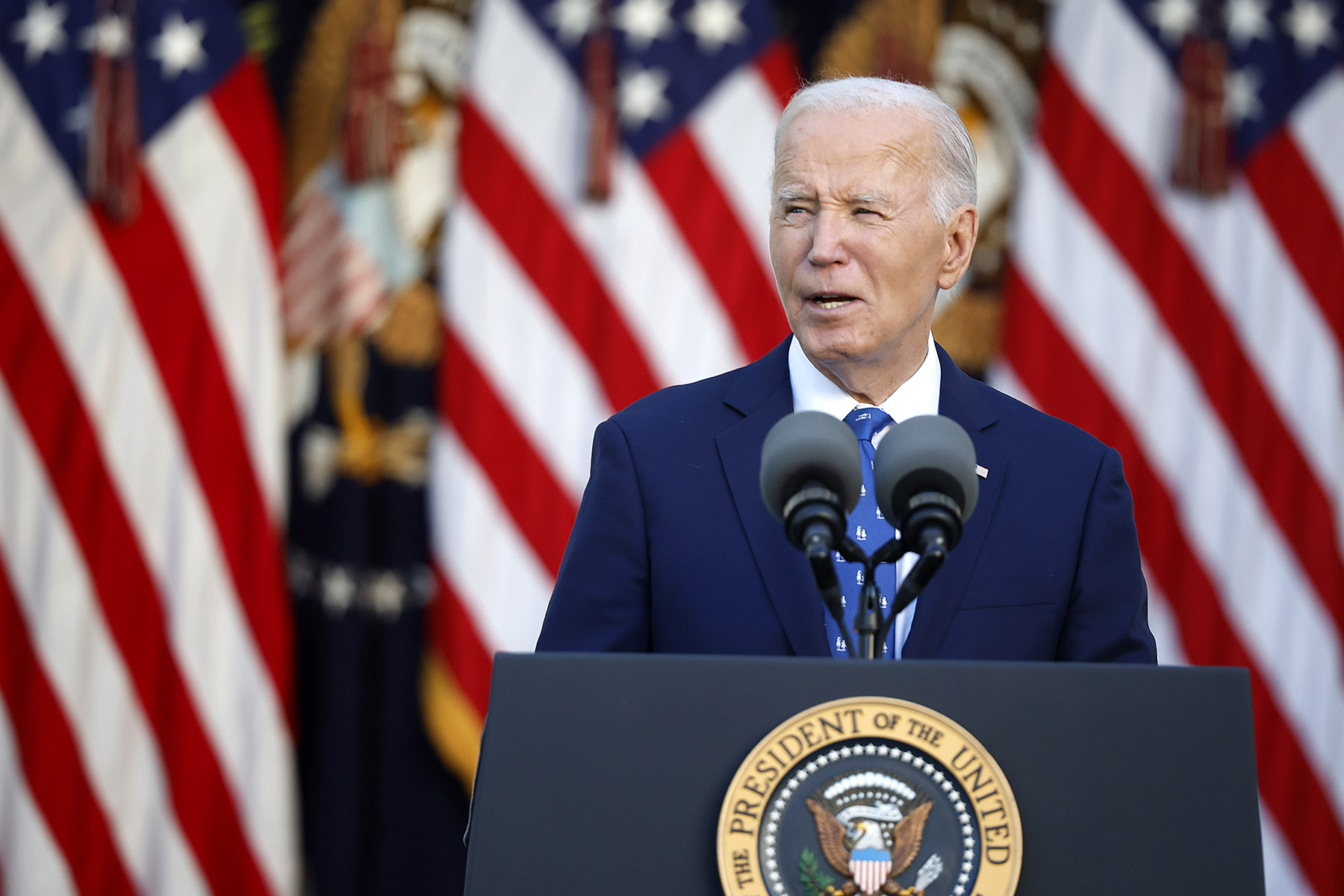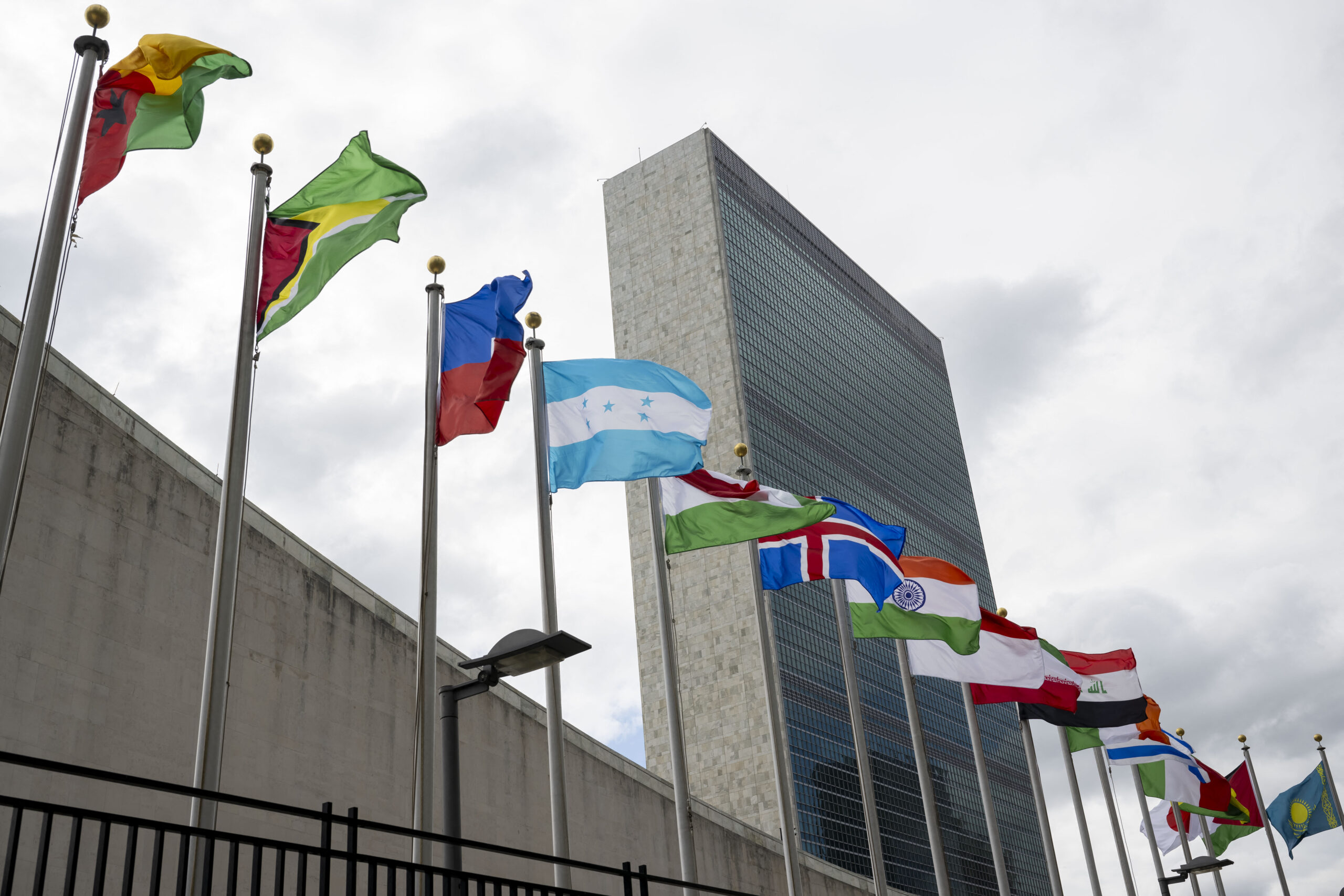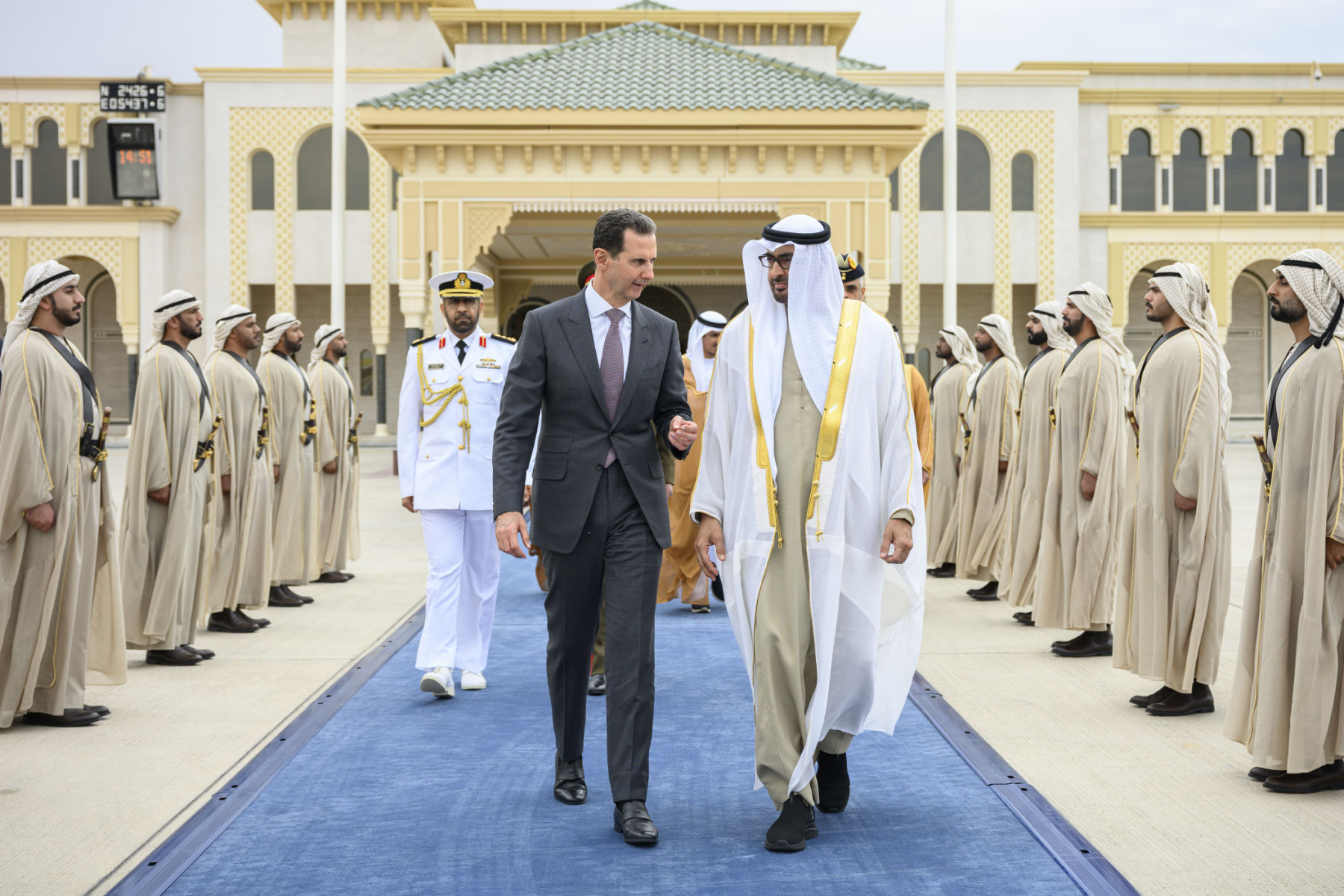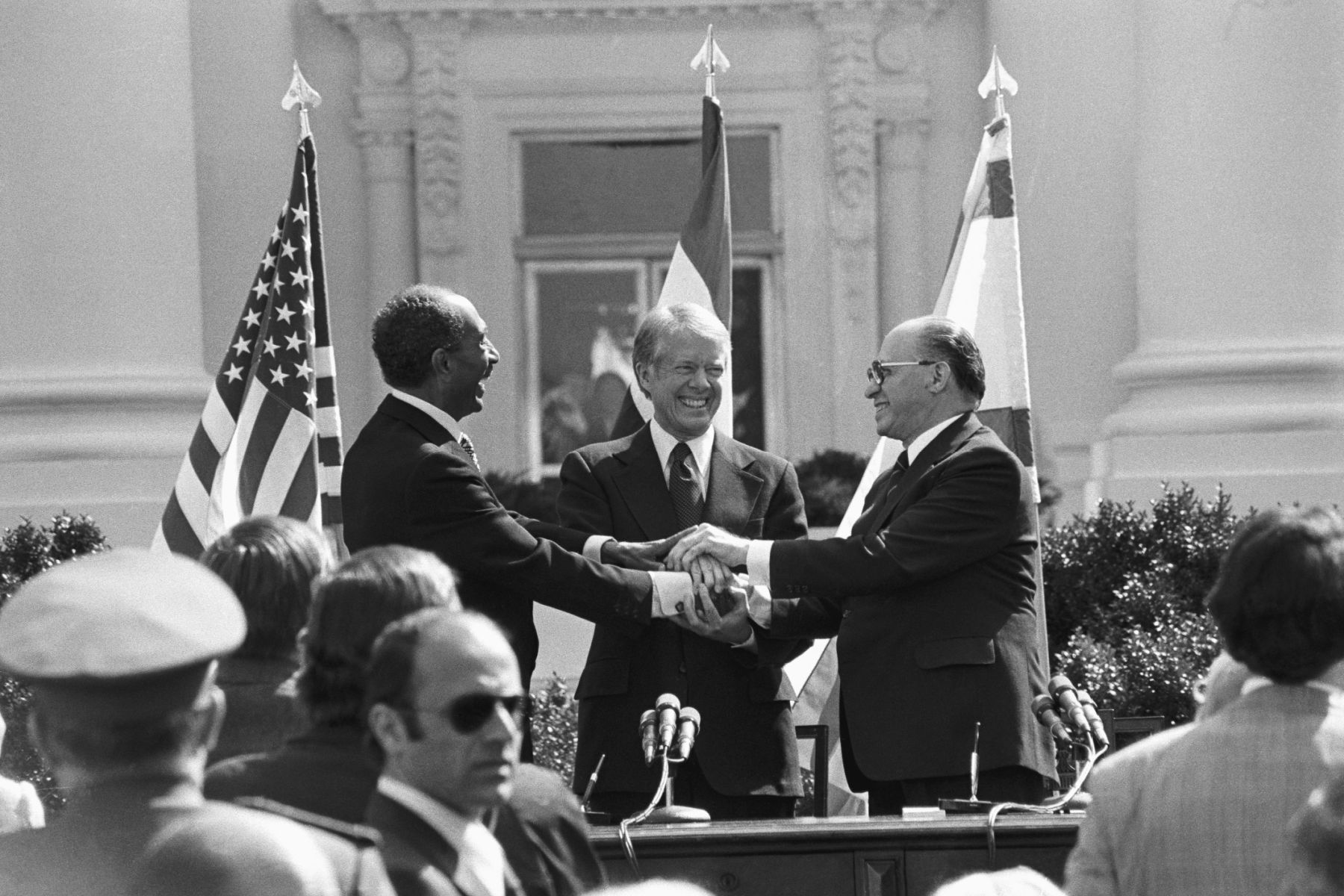Biden Administration's Visit to Israel and Saudi Arabia Signals Return to Failed U.S. Policies of Middle East Hegemony
(Washington DC, July 12, 2022) – In a letter shared with President Biden's national security team, Democracy for the Arab World Now (DAWN) urged President Biden to take six measures to secure American interests and demonstrate a minimal commitment to universal values, the rule of law, and fundamental freedoms in connection with his trip to Israel and Saudi Arabia.
In Israel, these measures include meeting with Palestinian civil society groups baselessly designated as "terrorist" organizations, publicly demanding that Israel halt the forcible displacement of Palestinians in Masafer Yatta, and ordering an FBI investigation into the killing of U.S. citizen Shireen Abu Akleh by Israeli forces. In Saudi Arabia, these measures include submitting any new regional security agreement for congressional review, meeting with Saudi civil society activists, and publicly urging Saudi Arabia to end its blockade of Yemen.
"The Biden administration is doubling down on failed U.S. policies in support of the Middle East's most abusive governments, but there are some important steps it can still take to ameliorate the harms it is causing," said Sarah Leah Whitson, Executive Director of DAWN. "From authorizing an FBI investigation into the IDF killing of American-Palestinian journalist Shireen Abu Akleh to submitting to congressional review any new regional security agreement to which he's committing U.S. forces, President Biden can stay true to protecting American interests and American values."
President Biden will arrive in Tel Aviv on July 13 and will travel directly from Israel to Jeddah on July 15 in what is anticipated to feature a dramatic advance in Saudi-Israeli normalization. President Biden has stated that his goal in backing off his earlier commitments to end support for abusive governments in the region is to secure regional peace by ending the war in Yemen and bringing Arab states closer to Israel, ensuring their support against Russia's invasion of Ukraine, and providing an unprecedented security arrangement with the United States that will help them better defend against Iran.
However, the Biden administration has failed to present any information about this new security agreement to the U.S. Congress or the American public and has already signaled that even an increase in oil output will have no significant impact on spiraling oil prices. The Biden administration also has raised the possibility of renewed offensive weapons sales to Saudi Arabia, following President Biden's earlier pledge to end all arms sales to the Kingdom in November 2020 and the administration's resumption of "defensive" weapon sales in November 2021. While the Biden administration has spoken strongly in support of democratic governance in the rest of the world, it is establishing a close alliance to support the apartheid government of Israel and unelected autocrats like those in Saudi Arabia.
The trip, as planned, also forces President Biden to meet with all potential Israeli Prime Ministers—including indicted former Prime Minister Benyamin Netanyahu—as that country's government has once again collapsed, largely over its inability to guarantee Israeli settlers carte blanche approval for their illegal activities that further marginalize Palestinians and diminish the prospects of peace. The Biden administration continues to reward Israel with $3.3 billion in foreign military sales and $500 million in missile defense proposed for 2022 alone, while resuming billions in arms sales to Saudi Arabia and the U.A.E., despite each country's records of violations of international humanitarian law likely amounting to war crimes and gross violations of human rights.
"The Biden administration keeps changing the goalposts for U.S. policy in the Middle East, from promises to end U.S. support for the region's autocratic regimes, to lowering gas prices, to fostering new so-called peace agreements, to launching a dangerous regional security pact targeting Iran," said Whitson. "The only real beneficiaries of these policies are foreign governments, oil companies, weapons manufacturers, and DC lobbyists—not the American people."
DAWN offered the President specific actions he can take while in Israel and Saudi Arabia to demonstrate a minimum commitment to serving American interests, including his own democracy agenda, promote the rule of law, and take initiative to defend human rights.
In Israel and the Occupied Palestinian Territories, the President should meet with the six Palestinian civil society organizations that Israel wrongly declared as "terrorist" organizations; publicly demand that Israel halt all activities that could result in the forcible displacement of 1,200 Palestinians living in Masafer Yatta, a rural Palestinian community that the Israeli Army is trying to convert into a firing zone despite international condemnation; and announce a FBI investigation into the killing of Palestinian-American journalist Shireen Abu Akleh, who was likely killed by an Israeli soldier firing at her even though she was wearing a protective vest indicating that she was a member of the press and interviewing an unarmed witness several blocks from military activity. None of these actions would alter the U.S.-Israel relationship, but they would demonstrate the U.S. government's support of civil society, human rights, freedom of the press, and protection of journalists.
In Saudi Arabia, DAWN called on President Biden to submit any new security agreement for Congressional review, as already called for by members of Congress; meet with Saudi civil society activists that continue to face serious human rights abuses; and publicly urge Saudi Arabia to end its blockade of Yemen as part of expanding the current ceasefire into a lasting peace. Again, taking these actions would not alter the U.S.-Saudi relationship, but would uphold the administration's stated agenda of promoting democracy, the rule of law, and a rules-based international order.
"Pursuing U.S. national interests is the fundamental role of the President and this includes holding foreign countries accountable for repressing civil society and failing to meet their human rights obligations," said Abduallah Aloudh, Gulf Research Director at DAWN. "U.S. interests will not be served by a U.S. security deal that further emboldens reckless Gulf leaders and risks U.S. complicity in ongoing and future armed conflicts in the region."
By taking the steps presented in DAWN's recommendations, President Biden can reshape the narrative of this unpopular trip and achieve tangible results, both strengthening the U.S. role in the region and helping to rebuild its credibility.













